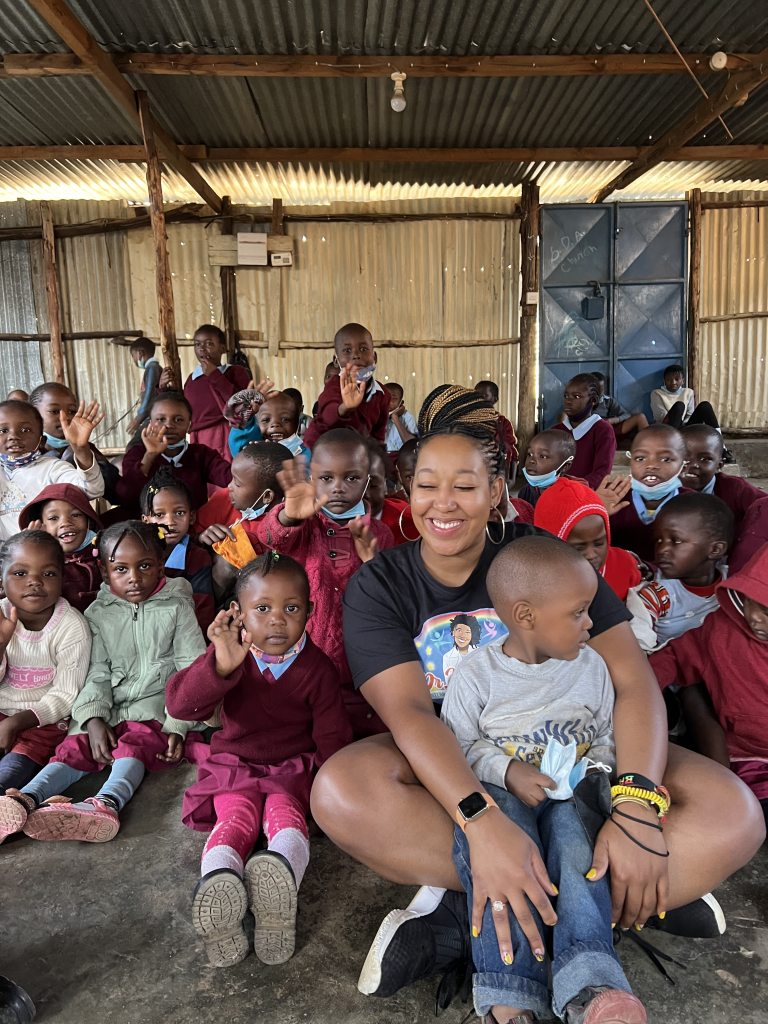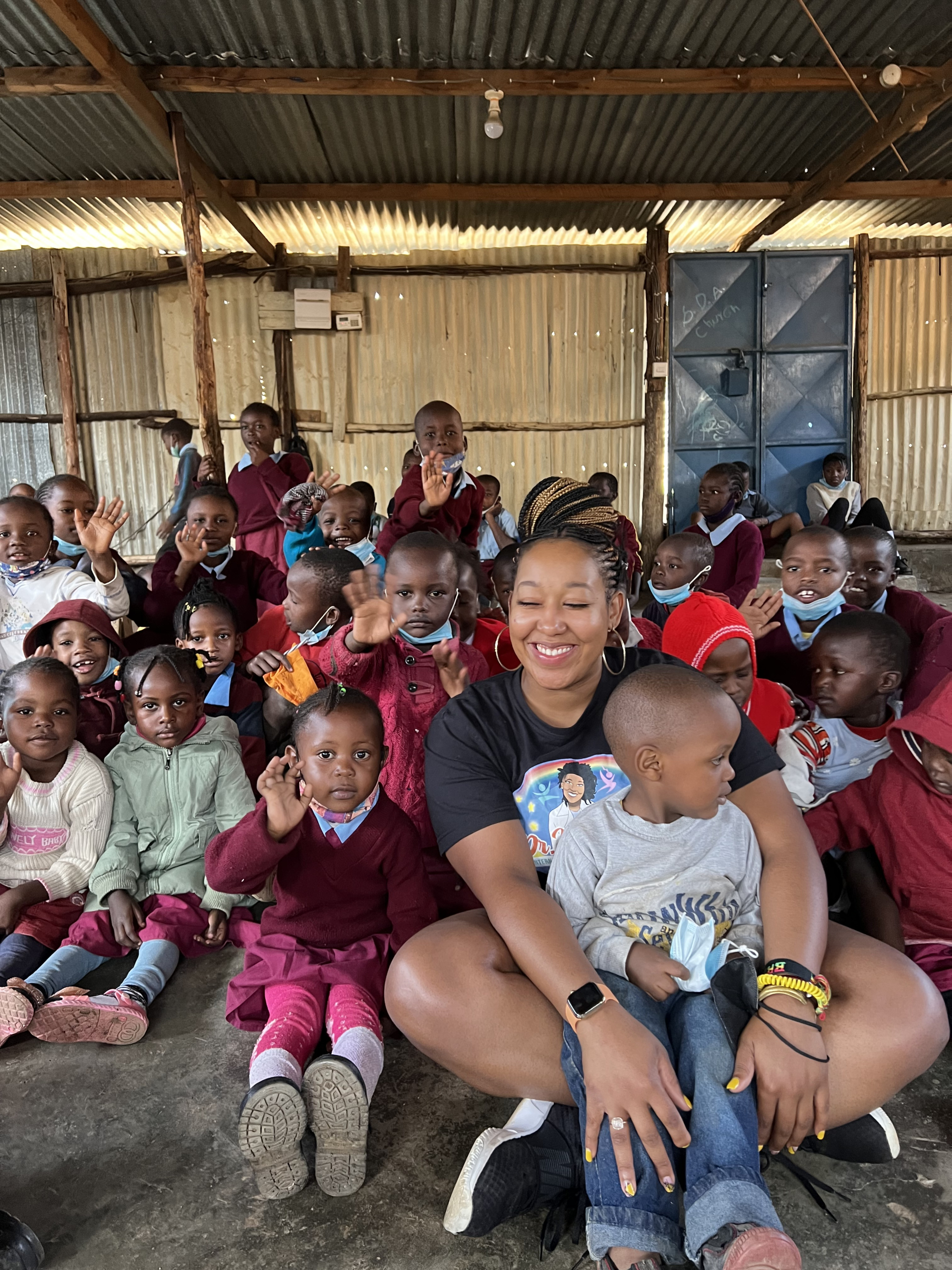ATSU-ASHS students participate in international teletherapy sessions led by assistant professor Dr. Bonner
Posted: December 5, 2022
A group of second-year Master of Science in Occupational Therapy (MSOT) and Doctor of Occupational Therapy (OTD) program students had the opportunity to complete their first international assignment – all without having to leave the comfort of their own homes.
Briana Bonner, OTD, OTR/L, assistant professor and academic fieldwork coordinator in A.T. Still University-Arizona School of Health Sciences’ (ATSU-ASHS) Occupational Therapy (OT) department, recently organized a month-long assignment in which the students conducted telehealth OT sessions with children in Botswana.
“Our students are always asking for more interactions with patients, they’re asking for real life scenarios. We have the pro-bono clinic, but I thought because telehealth is moving and booming right now. Especially after COVID, it’s needed,” Dr. Bonner said.
“It has its pros and cons, but I think every healthcare professional should be able to understand the aspects of telehealth,” she added.
Dr. Bonner joined ATSU in July 2022, after spending the previous three years doing international OT work. In 2019, she established an OT pediatric outpatient clinic in Gaborone, Botswana, and was also instrumental in the founding of two orphanages in Kenya and Ghana.
Dr. Bonner decided to connect with the parents of her pediatric patients at her clinic in Gaborone to see if they would be interested in connecting with the OTD and MSOT students over Zoom.
“They were all really, really excited to get free services,” Dr. Bonner said with a laugh, while adding, “but they were also excited to connect and collaborate and learn from the students.”
After many hours spent scheduling these sessions, each student was assigned a child between the ages of 3 and 15 to work with throughout the month. Before the first Zoom meeting, students had to develop a treatment plan for their patient.
Dr. Bonner and Katherine Jones, MA, OTR/L, CLT-LANA, assistant professor and director of progression and retention, attended the sessions to make sure things were running as planned.
“Initially, the students were very scared. They were so nervous, they were very reluctant. They were coming in and asking if their treatment plan was okay. Once they were on Zoom interacting with the patients and interacting with the families, I just saw a true transformation,” Dr. Bonner said.
For the entire month of October, students held Zoom sessions with their patients and their patient’s parents. Because of the time difference, many of the students had to hold the sessions at midnight or very early in the morning.
“Each patient had a different condition. I had a few patients with autism, I had a few patients with cerebral palsy, we had patients with developmental delays, and attention deficit disorder,” Dr. Bonner said.
Each student developed a treatment plan based on the needs of their patient. For example, one child had difficulties with executive function and struggled to finish tasks, so the student developed a treatment plan in which the child got to make his own playdough, but he also had to follow the student’s steps to clean up afterwards.
After completing all the sessions, students were required to write reflections based on their experiences, which functioned as a way to help them grow as occupational therapists.
“When I created the assignment, I thought about the mission of ATSU and the diversity initiatives, but I also thought about how we have an initiative to be telehealth inclined and be able to uphold and educate clinicians to be flexible,” Dr. Bonner said.
“It overall was just a fun project. I’m happy that the students enjoyed it and my patients enjoyed it. It was a hectic month, but it was amazing.”
See more of Dr. Bonner’s work from her clinics in Botswana and Kenya on Instagram and Facebook.
Check out photos from the teletherapy sessions below!





